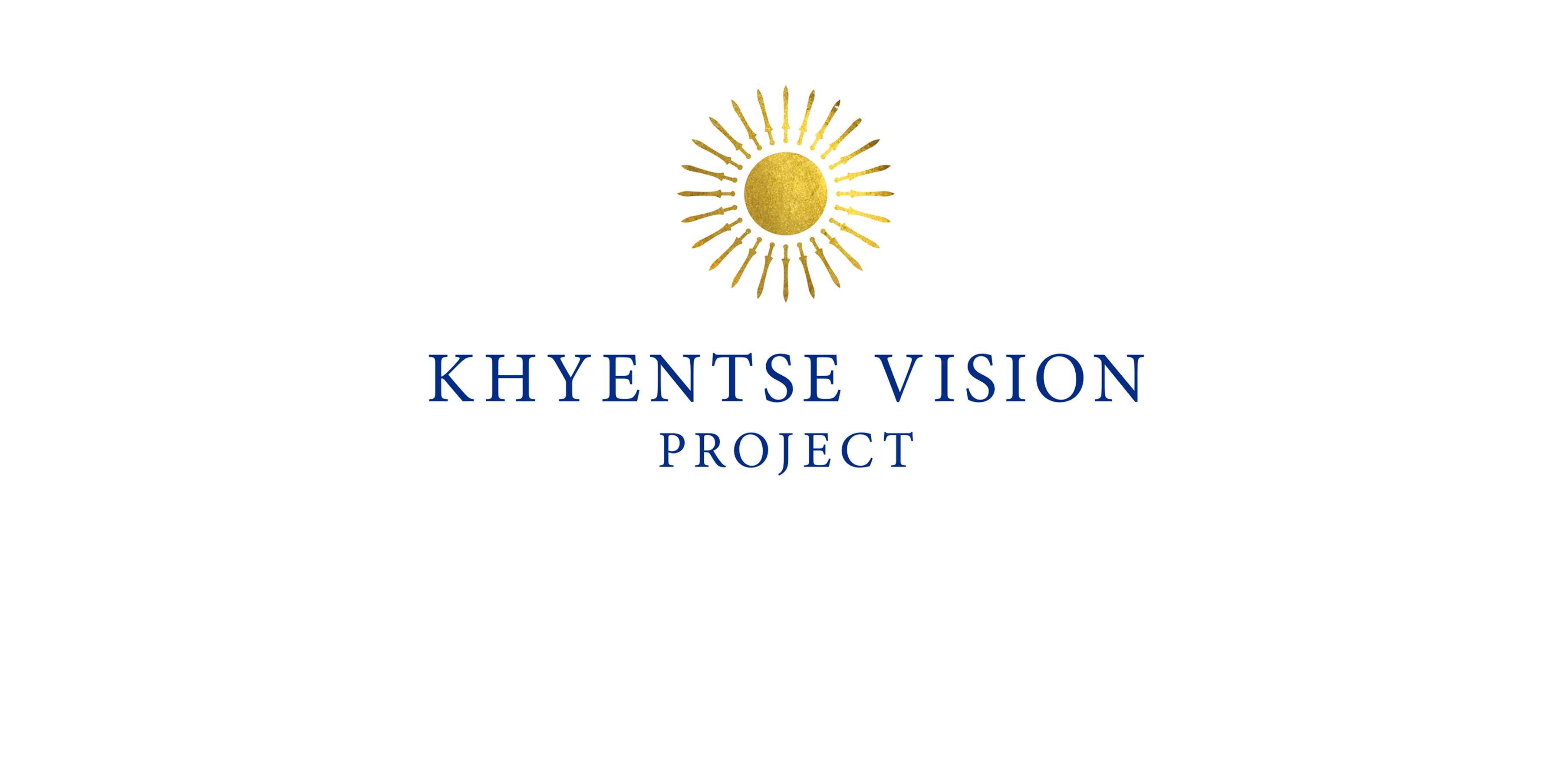Editor Position Vacancy

Khyentse Vision Project is seeking an editor for Tibetan Buddhist texts translated into English. We are looking for someone with several years of professional editorial experience, knowledge of Tibetan language, and strong familiarity with the range of topics included in Jamyang Khyentse Wangpo’s collections. Applicants should be native English speakers and have a strong command of English grammar, poetics, and the Chicago Manual of Style. The ideal candidate will have experience in translating Tibetan into English and editing sādhana material for Vajrayāna Buddhist communities. A Master’s or PhD degree in a related field is preferred.
The position is fully remote with flexible hours and can be either full-time or part-time (at least 20 hours per week).
See full role description here.
For those interested in applying, please send a resume and one-page cover letter explaining why your qualifications, skills, and experience make you the right fit for this role.
E-mail applications to: contact@khyentsevision.org
Include the subject line: KVP Editor application
Candidates are invited to submit applications by 20 June 2024.
About Khyentse Vision Project:
Khyentse Vision Project, a Khyentse Foundation initiative, translates and publishes the core writings of the nineteenth-century scholar and treasure revealer Jamyang Khyentse Wangpo. KVP’s translations are published in an online reading room and are freely downloadable. His two major collections are his Collected Works (Kabum) and Seven Transmissions (Kabab Dun)—totaling over 30,000 Tibetan pages. KVP catalogs and produces research on these collections for the benefit of future translators and researchers. The project also provides translator training, creative initiatives, workshops, and online Dharma talks to help readers connect with Khyentse Wangpo’s works.
As one of the founders of the nonsectarian Rimé tradition, Khyentse Wangpo produced meditation instructions, philosophical treatises, songs, sādhanas, histories, treasure cycles, and pith instructions that represent all traditions of Tibetan Buddhism. The range of Khyentse Wangpo’s works epitomizes both his vast scholarly knowledge and his vision of preserving the many Vajrayāna lineages. This unbiased spirit is a hallmark of the teachings of the Khyentse masters that continue to be transmitted to the present day. The scope of KVP is therefore nonsectarian by offering translations that will benefit practitioners and scholars of all Tibetan Buddhist traditions.
